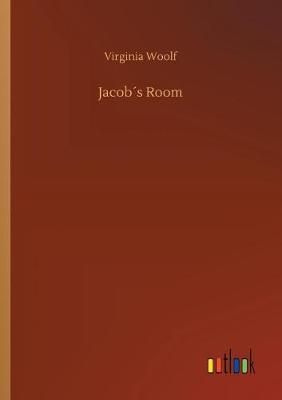Dover Thrift Editions
2 total works
Jacob's Room is Virginia Woolf's first truly experimental novel. It is a portrait of a young man, who is both representative and victim of the social values which led Edwardian society into war. Jacob's life is traced from the time he is a small boy playing on the beach, through his years in Cambridge, then in artistic London, and finally making a trip to Greece, but this is no orthodox Bildungsroman. Jacob is presented in glimpses, in fragments, as Woolf breaks down traditional ways of representing character and experience. The novel's composition coincided with the consolidation of Woolf's interest in feminism, and she criticizes the privileged, thoughtless smugness of patriarchy, "the other side", "the men in clubs and Cabinets". Her stylistic innovations are conscious attempts to realize and develop women's writing and the novel dramatizes her interest in the ways both language and social environments shape differently the lives of men and women. This book is one of ten World's Classics by Virginia Woolf, and comes with an introduction and explanatory notes to provide guidance for readers new to this author.
In her 1919 work Modern Fiction, Virginia Woolf explains her new approach to writing : Examine for a moment an ordinary mind on an ordinary day. The mind receives a myriad impressions-trivial, fantastic, evanescent, or engraved with the sharpness of steel. From all sides they come, an incessant shower of innumerable atoms; and as they fall, as they shape themselves into the life of Monday or Tuesday. This last phrase "the life of Monday or Tuesday", is what Woolf believed to be at the core of fiction; and from it came the title of this, her first short story collection[6], and the only selection she published herself.

